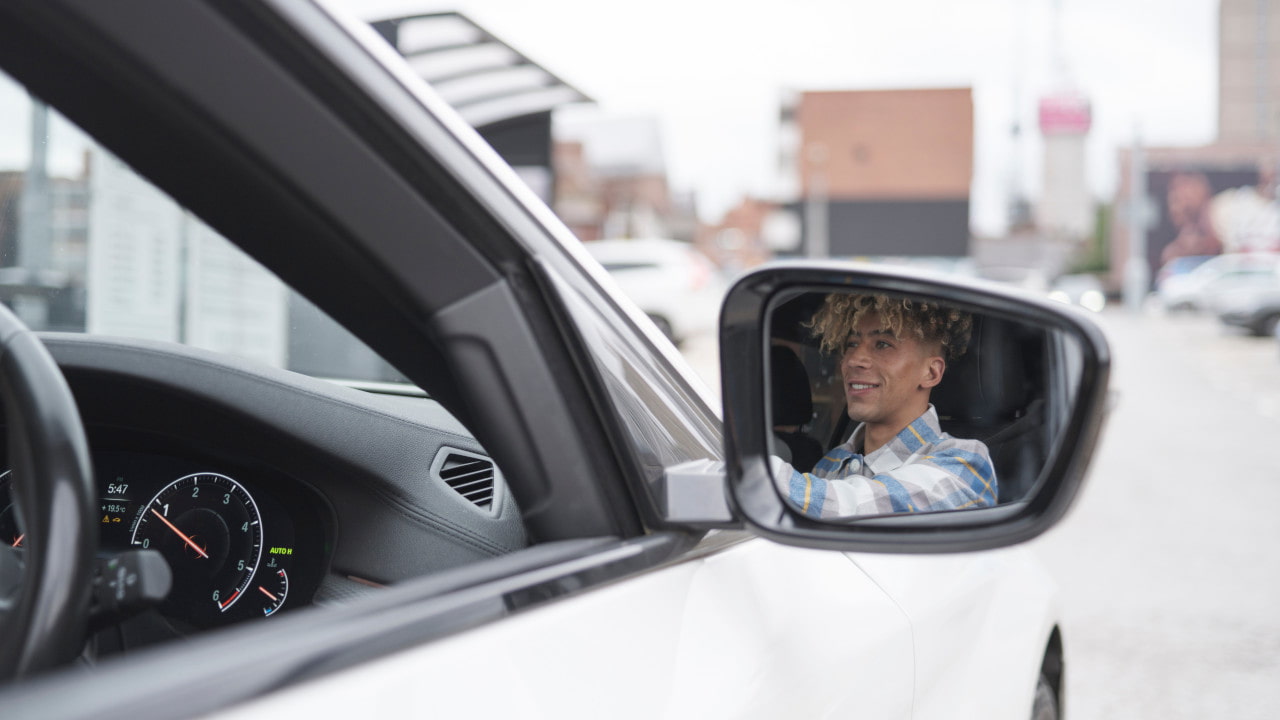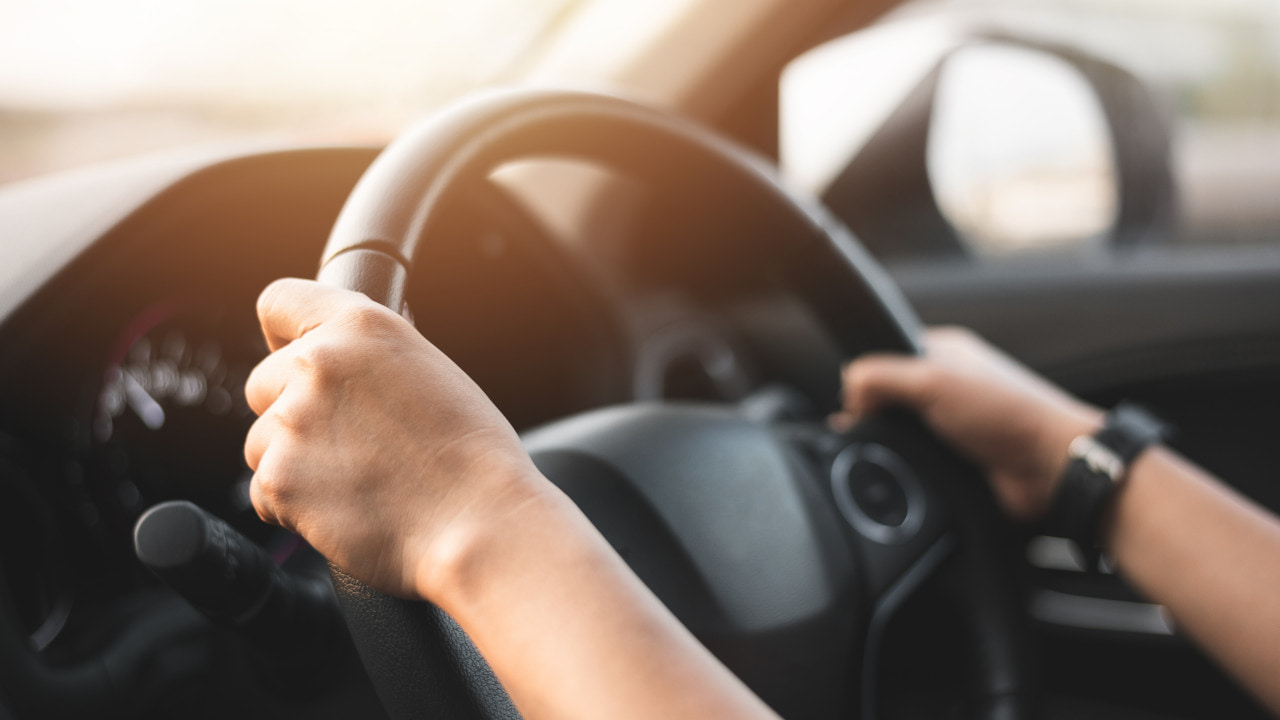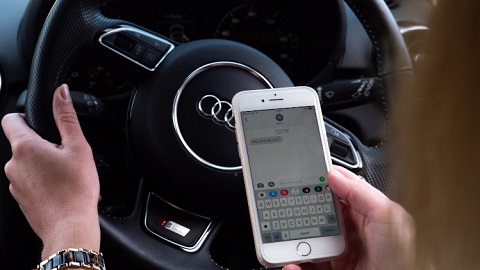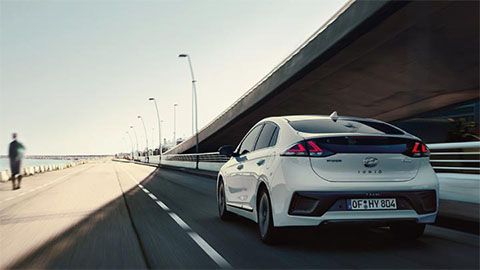Safe driving tips to avoid accidents
When we first learn how to drive, most of our main concern is learning how to drive efficiently and safely in order to avoid accidents. Even though the practice lessons are on the road, and we are exposed to real life situations, sometimes we can still feel unprepared for the uncertainty that driving alone on a daily basis can bring.
In this guide, we'll be exploring road safety, including tips on driving more carefully to avoid road accidents.
Contents
- Observe Speed Limits
- Avoid Distractions
- Don't drive while drunk
- Don't Drive Tired
- Be wary of your surroundings
- Watch for vulnerable road users
- Practice Defensive Driving
- Keep your distance from other vehicles
- Drive extra cautiously in bad weather
- Maintain your vehicle according to manufacturer's schedule
Observe Speed Limits
Excessive speeding is a contributing factor in many serious accidents. Although you may think it's harmless to speed up when you're in a hurry, it can be the difference between a life and death situation.
Driving carefully and ensuring you're following legal speed limits is one of the most crucial steps in keeping yourself and others safe on the road and avoiding potentially fatal road accidents.
Avoid Distractions
Using a phone when driving means you're much more likely to be involved in an accident, due to the distraction from the road ahead. However, using your phone isn't the only distraction you’ll face. Keeping your children or pets secure in the back of the car is just as important.
Don't drive while drunk
Many motorists are convicted of drink-driving related offences every year, and it carries quite a hefty penalty. You could face up to six months in prison, a minimum 12-month driving ban, an unlimited fine and a criminal record. So it’s safe to say, driving under the influence is never a good idea.
Not only that, but drink drivers are placing the safety of other road users and pedestrians at risk, which can have everlasting impacts on individuals and their families.
Don't Drive Tired
Tiredness can seriously affect your concentration, taking it away from the road and potential hazards that come with it. Quite simply, if you’re driving for a prolonged period of time and start to feel tired, it's imperative that you pull over in a safe space and take a break until you feel ready to drive again.
Be wary of your surroundings
Believe it or not, not being aware of what's happening around you could place you at risk. It's crucial to always keep an eye out for cars in front, behind and occasionally beside you so you can anticipate potential hazards and prevent collisions by slowing down or increasing the distance between your vehicle and theirs.
Watch for vulnerable road users
Whenever driving in an area where there are a lot of pedestrians, cyclists, horse riders or children, you should be extra cautious. That's because they could move, such as across the road, unexpectedly.
Being wary of other road users, staying within the speed limit and making an effort to anticipate vulnerable road users movements could save lives.
Practice Defensive Driving
This is a simple tip that could make a difference when coming across an aggressive driver. Sadly, there are some motorists that will use rude gestures and language, tailgate, and flash their headlights. These are all actions that demonstrate frustration and can be dangerous in some cases.
Avoid engaging in such behaviour. Defensive driving is all about remaining calm in challenging situations and not reacting aggressively to aggravating situations.
Keep your distance from other vehicles
It's of extreme importance to keep a safe distance between you and the vehicle ahead. That's because you need to have enough time to react in case the car driving in front of you makes a sudden stop or an abrupt turn.
Some motorists find it hard to calculate the distance while driving, so there are two ways to estimate if you're within a safe distance from the car ahead: adaptive cruise control or the three-second rule.
Adaptive cruise control is a safety feature offered by some manufacturers that maintains the speed specified by the driver and can adapt it automatically according to changing traffic situations.
If your vehicle isn't equipped with the safety feature mentioned above, you can apply the three-second rule. They way you apply this rule is by finding a stationary object on the side of the road. When the car in front of you passes it, you start counting the seconds. It's recommended that your vehicle takes at least three seconds to pass the same object (twice the time in bad weather), in order to keep a safe distance.
Drive extra cautiously in bad weather
When driving in bad weather, such as rain, snow, fog, or winter, make sure your vehicle is fully prepared for it. Depending on the weather conditions, it may require you to change your car's tyres to make it easier to navigate snowy or wet roads.
Make sure you follow all the tips on this guide, such as following the speed limit, avoid driving when tired, never get behind the wheel if you're under the influence of any illegal substance (including over the limit alcohol) and always be extremely wary of your surroundings and vulnerable road users.
Maintain your vehicle according to manufacturer's schedule
It's highly recommended that you keep your vehicle maintained according to the manufacturer's maintenance schedule.
Manufacturer's have a list of items that they recommended being inspected periodically throughout the vehicle's life (such as brakes). So, in order to keep your car running safely, and therefore decreasing the chances of you driving with faulty equipment, it's worth booking a health check through an Evans Halshaw dealership.
Help to improve your road safety with Evans Halshaw
As well as offering expert insight, we’re here to help in any way we can and if something does happen to you out there on the roads, we offer a range of additional services, including accident aftercare.
We can also provide bodyshop repairs, a comprehensive vehicle health check and access to parts, not to mention servicing and MOTs from our specialist team.









